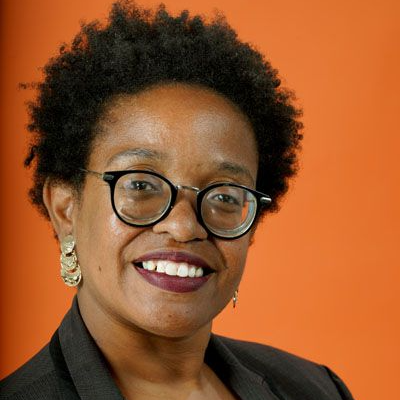Recently, my son asked me what Memorial Day was about.
“It’s celebrating the people who have died in the U.S. military and remembering them,” I said.
“All of them?”
“Yep, all of them,” I answered — but I immediately realized that wasn’t really true. Not anymore.
Yes, technically, the observance was established in 1868 to annually honor those who have died in service of our nation. But here in 2025, I’m a little suspicious of the validity of our devotion to those who made the greatest sacrifice and their comrades who lived to tell the tale. We aren’t treating either well at all.
We’ll start with the current administration’s insistence on creating two new Victory Day observances: one on May 8 for the ending of World War II, and another on Nov. 11 to honor those who fought in World War I, a date already set aside as Veterans Day. Why is this notable? Because it seeks to erase the dead from wars and conflicts that the U.S. didn’t “win,” such as Vietnam or Afghanistan. It makes it seem like those battles, and their embattled, don’t count.
Read More
Of course they do.
This impulse to expunge the complicated and less-than-pretty parts of our history and replace them with just the highest of PR moments is not only childish, but seeks to rejigger a past in which only the victories matter.
Look at the recent kerfluffle surrounding Bruce Springsteen’s comments about our 47th president. Critics immediately accused The Boss of abandoning the principles of his 1984 hit “Born In The USA.” But they never got past the perceived jingoism of the chorus into the verses’ tale of a Vietnam vet feeling abandoned by the country he fought for. That man in that song — the men he embodied — deserve to be remembered.
Even in the victories, there is loss. In 1998, I took a group of WWII veterans to see “Saving Private Ryan” on its opening night in York, Pennsylvania. Their lined, stoic faces already carried chronicles of terror and loss. They survived. But they left a piece of themselves, and whole dead friends, on those beaches and fields.
I guess that’s a victory.
The more pressing issue is how we are handling the present. There are veterans of various wars and conflicts who are worried that their Veterans Administration benefits will be affected by federal cuts. These are people whose health care is being determined largely by people who have not served.
Those present problems also affect the past, as the current administration tries to purge the memories of nonwhite men who served. Tuskegee Airmen, Navajo Code Talkers and Japanese Americans are among those whose webpages honoring them were temporarily taken down. If their stories aren’t safe, whose are? I wrote recently about my late granddaddy Edward Streeter, who served in the Army during WWII and then risked his life to stop a fuel fire at what was then Andrews Air Force Base. Do they care if tales of his bravery survive?
That is not a victory.
There’s a line from Barbra Streisand’s “The Way We Were,” about a momentous but doomed romance, that goes, “What’s too painful to remember, we simply choose to forget.” We are in an era where our leaders seek to jettison any pain or complicated context into outer space.
Rather than accept that reality exists in real time in the truths of mistakes, theft, annihilation and conquering of worlds we had no business messing with, there is an attempt to shake it up like the sands in a cosmic Etch-A-Sketch and wish it into a wretched cornfield.
The hell with that.
What we have to do — must do — on this Memorial Day is embrace the jagged prism of our past and the people who died to ensure our country’s future. We have to say that yes, there was segregation and hate, slavery and internment camps. That there were genocides and travesties, and we cobbled together something like a country. We can still have parades and songs and odes to the Grand Old Flag.
But in erasing the mess, the suck, the things that are not victories, we erase us. We do not remember right. We forget.
Our dead deserve better.






Comments
Welcome to The Banner's subscriber-only commenting community. Please review our community guidelines.